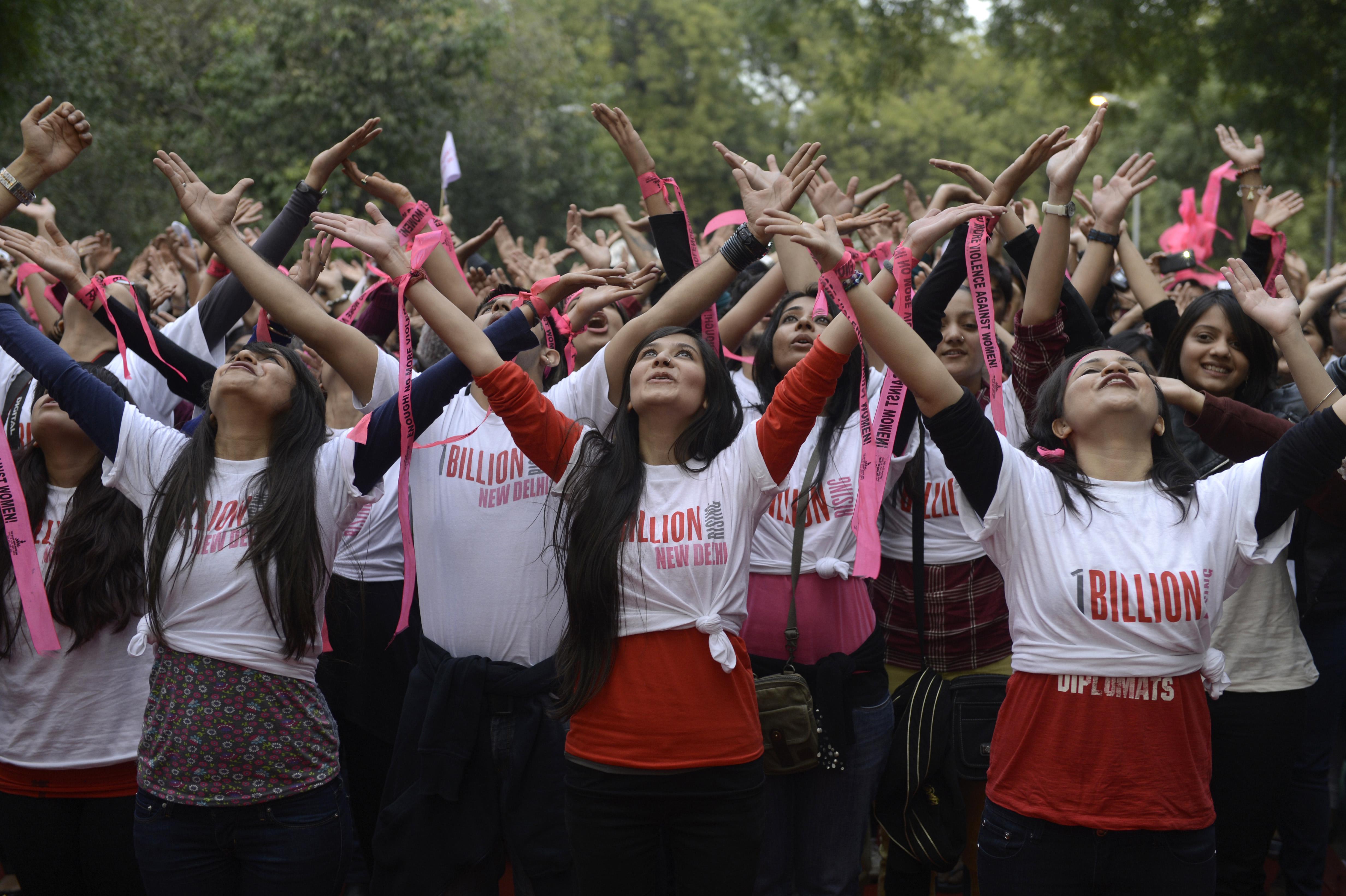Republicans find themselves in an impossible bind these days when it comes to reauthorizing the Violence Against Women Act. Vote for it, and risk the wrath of Christian right forces that have intensified lobbying against the legislation, but vote against it, and have everyone correctly point out that you just killed legislation that demonstrably reduces the rate of domestic violence. Trying to thread the needle on this one would be a challenge even for the craftier among us, but for those who drifted into power because their Bible-thumping skills outweigh their native intelligence, the task has proved overwhelming.
The latest example is Rep. John Duncan of Tennessee, who dithered to the Chatanooga Times Free Press about whether or not he’d vote for VAWA and then added this:
“Like most men, I’m more opposed to violence against women than even violence against men,” Duncan said. “Because most men can handle it a little better than a lot of women can.”
As noted by the newspaper, VAWA is actually a gender-neutral law, and its protections extend to all victims of domestic violence and sexual assault, male and female. The name simply stems from the fact that women tend to be targeted by these crimes far more often.
But really, it’s unsurprising that Rep. Duncan seems not to know or care to learn what’s in the bill he claims to be so torn over voting for—that’s just par for the course in Republican politics—but that his support for the bill in contingent on the claim that women are inferior, as opposed to less shaky grounds such as “crime is wrong” or “rape and domestic violence tear at our communities.”
Of course, while Rep. Duncan was artless in his comments, the belief that violence against women is mostly about women’s supposed inadequacies is widespread on the right. Take, for instance, Gayle Trotter’s Senate testimony on behalf of the gun industry, where she tried to distill male violence against women as more of a matter of men’s awesome physical powers vs. women’s inherent weakness, and offered guns a technological solution. It’s a childish frame that imagines violence as if it were all a game of Who Would Win in a Fight, with men vs. women just another set of contestants, up there with cavemen vs. astronauts or Batman vs. Ironman.
The issue here is not that men are physically stronger than women (which is true on average) or, as Rep. Duncan claims, that men are emotionally stronger than women (which is just misogynist blather). It’s that there’s a long and ongoing history of rape and domestic violence being minimized and ignored by law enforcement and society at large. Domestic violence is frequently minimized as mere couple-squabbling. Rape is often written off as the victim’s hysterical reaction to bad sex or just desserts for a woman who broke one of the many unwritten sexist “rules” about going out at night, being alone with a date, dressing a certain way, or drinking alcohol. VAWA addresses these realities, by strengthening law enforcement response and providing victim services that avoid victim-blaming or minimization, and is not, contrary to conservative hopes and dreams, an attempt to make up for women’s supposed physical or emotional inferiority.
